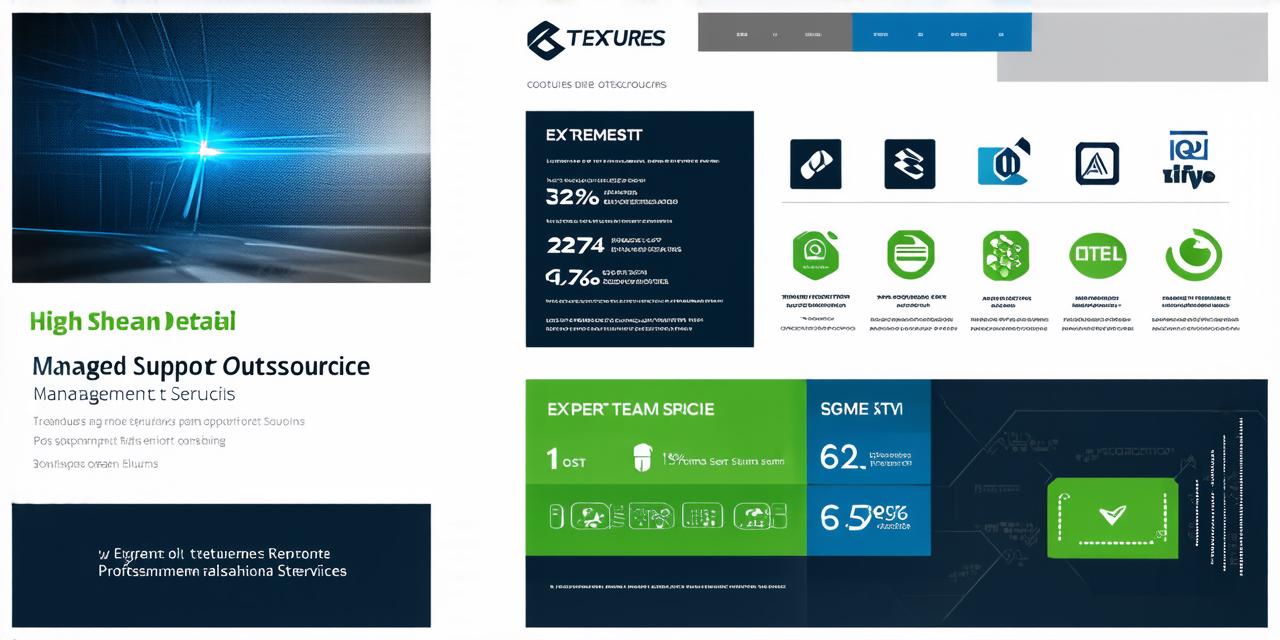What is managed services outsourcing
Blog
Table of Contents
ToggleIntroduction
Managed services outsourcing is an increasingly popular way for businesses to offload some of their IT and technology responsibilities to third-party service providers. By doing so, companies can focus on their core operations while leaving the management of technology systems and applications to professionals who specialize in these areas. In this article, we will explore the concept of managed services outsourcing, its benefits, and how it can be implemented effectively.
What is Managed Services Outsourcing?
Managed services outsourcing involves delegating IT and technology management tasks to a third-party service provider who assumes responsibility for maintaining, updating, and securing these systems. This can include everything from network infrastructure management to software application maintenance and support. By outsourcing these tasks, businesses can free up their internal resources and focus on other areas of the company.
Benefits of Managed Services Outsourcing
There are several benefits to managed services outsourcing, including:
- Cost savings: Outsourcing IT and technology management tasks can be a cost-effective way for businesses to save money. Service providers often have lower labor costs than internal employees, and they may also have access to specialized equipment and software that companies may not have. Additionally, outsourcing can help reduce the need for large capital investments in technology infrastructure.
- Expertise: Managed services outsourcing allows businesses to leverage the expertise of professionals who specialize in IT and technology management. This can be particularly valuable for small and medium-sized businesses that may not have the resources or experience to manage complex systems and applications.
- Flexibility: Outsourcing IT and technology management tasks can provide businesses with greater flexibility in terms of staffing and resource allocation. For example, a company may need more support during peak business periods or may require fewer resources during slower times. By outsourcing these tasks, companies can quickly scale up or down as needed.
- Increased productivity: With IT and technology management tasks handled by an external service provider, businesses can focus on other areas of the company, such as product development, marketing, or customer service. This can help increase overall productivity and efficiency.
- Improved security: Managed services outsourcing can also help improve the security of a company’s IT systems and applications. Service providers often have access to specialized tools and expertise that can help prevent cyber threats and data breaches. They may also be subject to strict regulatory requirements, which can help ensure compliance with industry standards.
Case Studies
There are many examples of businesses that have successfully implemented managed services outsourcing. Here are a few:
1. ABC Manufacturing Company:
This mid-sized manufacturing company was struggling to keep up with its IT and technology needs. They turned to a managed services provider who helped them implement new systems, improve their network infrastructure, and provide ongoing support for their software applications. As a result, the company saw significant cost savings and improved productivity.
2. XYZ Retail Company:
This large retail chain was in need of specialized expertise to manage their e-commerce platform. They turned to a managed services provider who had experience in this area and helped them optimize their website for better performance and user experience. The company saw an increase in online sales as a result.
3. LMN Healthcare Company:
This healthcare provider was concerned about the security of their patient data. They turned to a managed services provider who helped them implement new security protocols, conducted regular security audits, and provided ongoing training for their staff. The company saw
